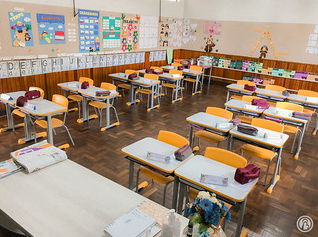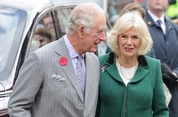
The precedent set raises serious concerns about citizenship and responsibility.
The Home Secretary’s choice regarding Shamima Begum has raised significant questions about the treatment of British citizens with foreign ties. While Sajid Javid cannot be blamed for the tragic death of Begum’s baby, Jarrah, the decision to block her return to the UK was fundamentally flawed. The circumstances of the infant’s death remain unclear, leaving us to ponder whether he might have survived had he been brought back to the UK.
Mr Javid’s actions appeared less motivated by a careful evaluation of international law obligations and more by personal ambition to succeed Theresa May as Prime Minister. This decision was erroneous because it placed the responsibility for Begum and her child outside of the UK, despite the complexities surrounding her journey to Syria to join ISIS.
Refusing her entry based on her entitlement to Bangladeshi citizenship was not only opportunistic but also misguided, especially as Bangladesh swiftly stated it would not accept her. This response highlighted the precarious nature of Javid’s justification, revealing his argument to be untenable.
Moreover, his decision sets a troubling precedent that categorises British citizens with foreign parentage as second-class citizens, implying they could be treated differently from those without such ties. As Diane Abbott, the Shadow Home Secretary, pointed out, rendering someone stateless is a violation of international law, a reality that Mr Javid’s decision exemplified. The dire conditions in the Syrian refugee camp should have influenced the Home Secretary’s discretion towards a more compassionate outcome.
While Ms Begum bears some responsibility for her choices, the death of an innocent child remains a tragic consequence. As Anna Soubry articulated in The Independent, Begum should have been returned to the UK to face justice, allowing for inquiries into her radicalisation and any support she provided to ISIS. Her child would have received the protection and care that a civilised society affords all its children.
A more courageous and principled Home Secretary could have acknowledged the public sentiment against Begum’s return yet argued for the importance of understanding her motivations for travelling to Syria. Other former ISIS recruits have returned and provided valuable intelligence, illustrating that there are lessons to be learned. While it would have been a challenging case to present, Mr Javid might have earned respect for taking this principled stance.

















